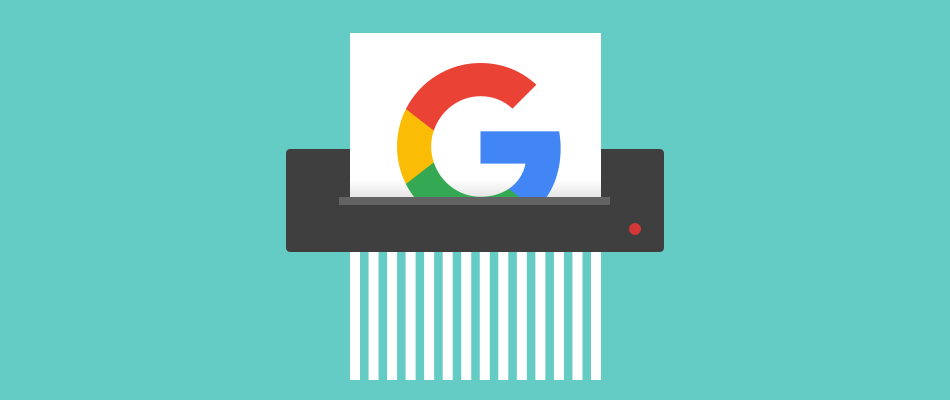How To Delete Your Google Search History

Why Would You Delete Your Google Search History?
Google is a search engine used by millions of people across the world to access the Internet. With 2.3 million Google searches every second and 1.17 billion unique monthly users, Google is the top performing search engine across the globe. However, with so many private searches happening over Google, it is important to know how to easily erase your Google search history in order to protect your privacy. Google frequently aggregates user data in order to sell ad space to third-party companies. Deleting your search history can help better protect your Internet privacy.

Delete Your Google Search History
To delete all of your Google search history, follow the steps below. Once deleted, your website history log will be cleared and previously-visited websites will no longer appear in your Google history.
- Log in to your Google account.
- Visit your Web & App Activity page.
- Select My Activity and then choose Delete Activity By.
- Choose the desired date range.
- Select Delete.
That's it. Your Google search history is now deleted.
More Ways to Protect Your Privacy
Protecting your privacy online is crucial to ensuring your security is maintained and that you are able to enjoy an open, unrestricted Internet experience. When you browse the Internet without an extra layer of protection, such as a VPN, you are risking your private information being shared with third-party sites or hackers on your network. Information such as your IP address, location and search history are at risk. You should always be aware of the following:
- Your ISP can see your activity, location, sites visited, whom you communicate with and more.
- ISPs or other providers often share or sell this data to third parties, including advertisers. Google, in particulair, collects personally identifiable information and also tracks its users.
- It's essential to read and understand the privacy policy of the various web-based tools or sites you visit.
To protect your privacy while browsing online, you can also do the following:
- Use a VPN: A VPN encrypts your Internet connection, offering an exceptional level of privacy and security every time you connect. With a VPN, no one (not your ISP or snoops) can see the sites you visit, searches you conduct, your location or any other personal data.
- Use HTTPS: HTTPS indicates that your connection is secured, meaning it is safer than using HTTP. Always use this prefix when you browse.
- Be aware of the risks: Understand that when browsing, a lot of personal information may be exposed to your provider and websites. Being aware of this fact can help you decide what you do online and what privacy measures you take.
Sources: Google Support

